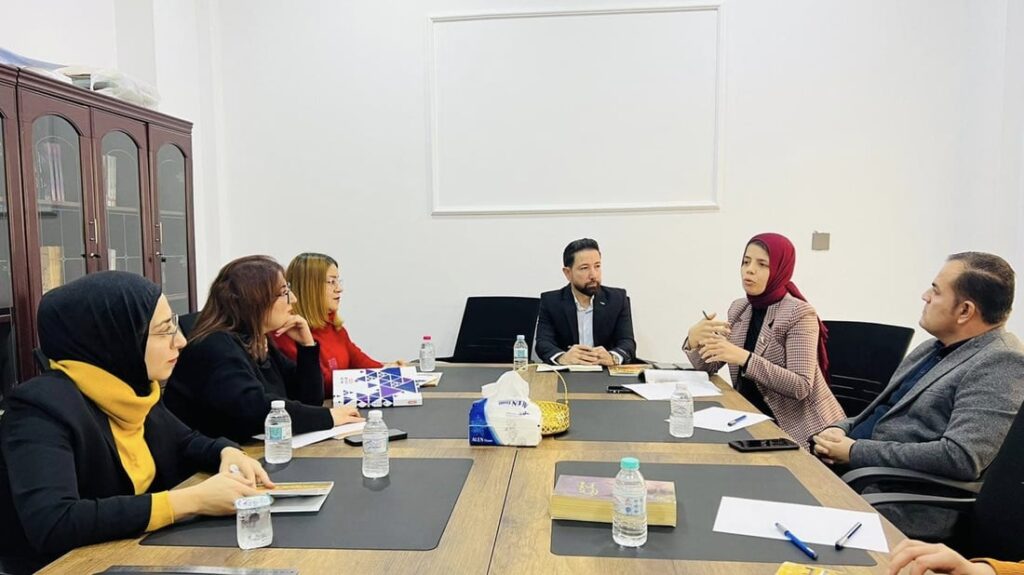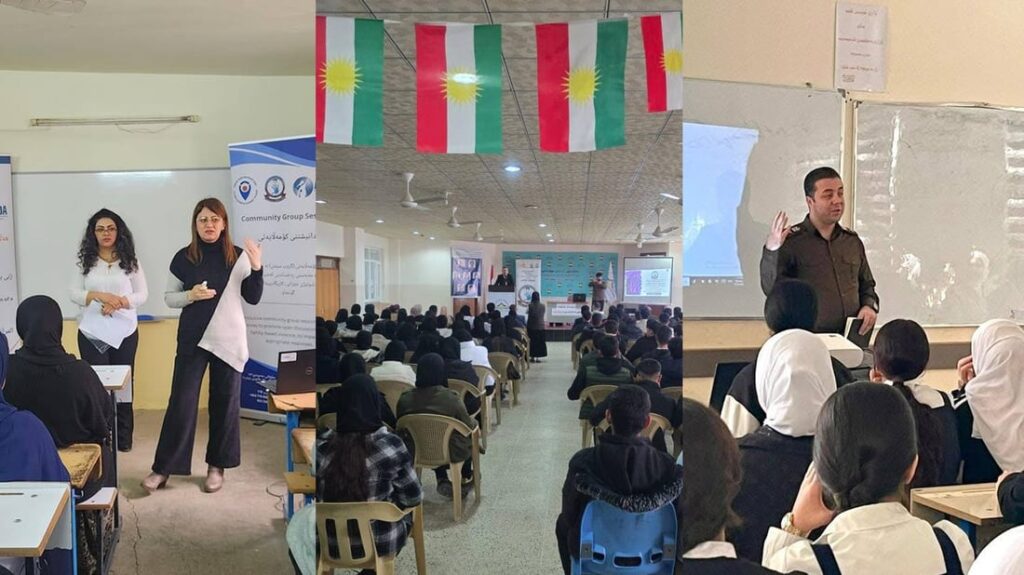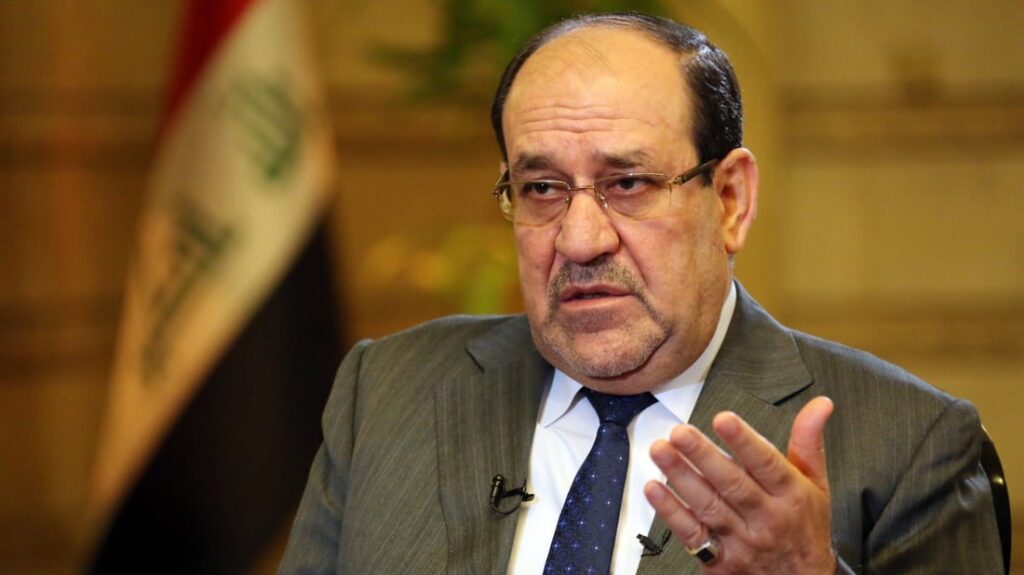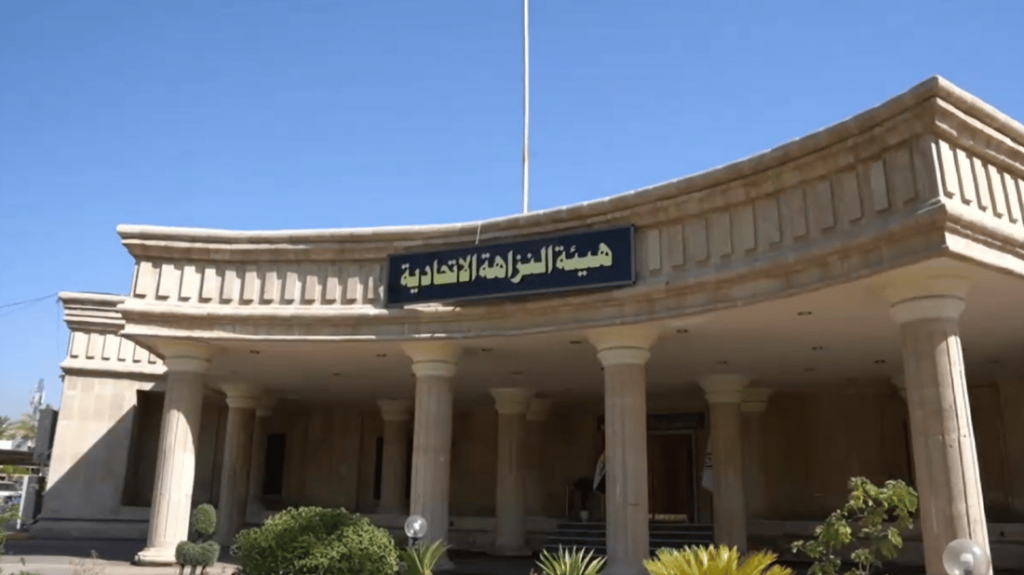Yemen: Managing Conflict and Stabilisation in the Middle East. Speech by Minister of State Niels Annen at the Manama Dialogue

When talking about managing conflict and stabilisation in the Middle East I believe one nexus should be the focus point of our discussion: the link between the political process on the one hand and supporting stabilisation work on the other.
As a region, the Middle East has been war-torn for centuries. It has never experienced lasting peace and stability. Neither can be provided externally let alone imposed:
Peace has to come from within.
So when we talk about managing conflicts in the Middle East, I firmly believe the ‘managers’ must be largely regional in order to ensure that a country’s future is shaped by – and in the interest of – the population in question.
Of course, the international community has to play its part as well. That’s where stabilisation efforts come into play.
After long phases of conflict and war, it might seem impossible for some sections of the population to rebuild their lives there. We all need a certain level of security to flourish. We not only need drinking water and food but space to strive, to be educated and to reach our potential. Nobody can live in constant fear of physical or mental harm.
As international partners, we can then try to show people that laying down their arms and committing to dialogue will eventually pay off. The clear benefits of engaging in a peaceful and constructive political process have to become apparent and palpable to the population. This is what stabilisation can help to achieve – we call it the peace dividend.
Stabilisation serves this one purpose: creating prospects for the future. This means a secure environment with improved living conditions to facilitate a locally-designed political process. We support legitimate local authorities and help them take centre stage so that they can show people that there are reliable and functioning local structures. As soon as the population feels ready to place their trust in the abilities and good intentions of local actors, the first step towards lasting peace has been made.
Ladies and gentlemen,
Germany hardly ever works on its own. We are multilateralists. For us, it’s self-evident that we have to embed our stabilisation efforts in an international framework. We work with many of you in this room – the United Nations, the EU and the World Bank are among our closest partners. And there are many examples which show that stabilisation is most effective when based upon firm multilateral grounds – I will focus on two today: Iraq and Yemen.
- Iraq
Together with the Iraqi Government and our international partners, we have come a long way since 2014. All the initiatives we are supporting are aimed at making the benefits of political engagement visible to the local population and supporting local authorities in their efforts to increase efficiency, effectivity and confidence:
In order to do so, we have provided the UNDP Funding Facility for Stabilization (FFS) in Iraq with more than 270 million euros since 2014. The purpose of the FFS is to rebuild critical infrastructure. This should, in turn, enable Iraqis who fled Daesh to return to their homes.
Second, we’re supporting the Community Policing Programme in Iraq, implemented by IOM. In this project, Iraq communities and the police get together to establish local Community Police Forces.
And third, we’re supporting the clearing of mines and improvised explosive devices via UNMAS in order to make peoples’ homes and their environment safe again.
To date, 4.46 million internally displaced Iraqis have been able to return to their homes. This is a success and a very good example of what can be achieved when international and local efforts go hand in hand. Yet, the ongoing protests in Iraq, the struggle to maintain stability and the unknown fate of the remaining 1.4 million IDPs show that there are still many challenges ahead. What’s more, they exemplify one simple but major caveat: stabilisation can replace neither politics nor diplomacy.
This leads me to another country in which our stabilisation efforts are inherently linked to political and diplomatic efforts:
- Yemen
In Yemen, we’ve been witnessing the worst humanitarian crisis in decades. The only way to resolve this terrible conflict is by political means. This is why Germany actively and wholeheartedly supports the efforts of Special Envoy Martin Griffiths to restart the peace process – a process that must be inclusive, involving all relevant political groups.
To advance this process, we’re following a comprehensive approach:
First, we’re supporting mediation efforts by bringing together key Yemeni actors in track II dialogue consultations.
Second, we’re supporting the Peace Support Facility for Yemen (PSF) in close coordination with the UN. This mechanism catalyses a much needed political solution by flexibly supporting different initiatives that have immediate effect on the ground.
Ladies and gentlemen,
It’s no coincidence that I have chosen to speak about Iraq. Stabilising Mosul after its liberation was a textbook example of what can be achieved when all the stars align:
a military success by the Iraqi army,
accompanied by a multilaterally brokered political process,
complemented by concrete projects to quickly provide results for the local population: from demining to building functioning infrastructure and investing in the local administration.
Nor is it a coincidence that I’ve chosen to speak about Yemen. It’s not clear yet whether or not we can reach a political solution and find ways of stabilising the peace process. I sincerely hope that Martin Griffiths’ efforts are successful. But without the political will from all sides, we will fail.
This shows that stabilisation is as fickle as the context in which it is set. There are neither universal blueprints nor guarantees of success.
Still – referring back to the title of this plenary session – when it comes to managing conflicts in the Middle East, or anywhere in the world for that matter, I’m convinced that a triad of steps is crucial:
A specific conflict can only be solved by an inclusive political process.
This process should be locally-owned and – when needed – UN-brokered.
It needs to be accompanied by tailored projects which make the benefits of the chosen political path palpable to the local population.
Ladies and gentlemen,
Most conflicts are complex. This sounds like a simple truth – but it’s not. Crises that are limited to one country and can be resolved internally have become very rare. Regional dynamics and global antagonisms are dominant factors in most Middle East conflicts. This is why traditional diplomacy and international partnerships have to play a major role in conflict resolution.
Let me add one additional aspect from a perhaps very German perspective: As a region, Europe had been war-torn for centuries and devastated by two world wars in the 20th century, before our forefathers and mothers created a peace project that ended the violence for good and led to prosperity and friendship.
While it’s impossible to directly transfer one region’s experiences to another two things should be clear by now:
Regional rivalry and nations-first policies tend to lead to more conflict and end in a zero-sum game. Cooperation and multilateral partnerships pay off.
Thank you for listening to all three of us. I’m glad we now have time to engage in a discussion with all of you. I’m eager to hear your views on how to manage conflict and stabilisation in the Middle East.




